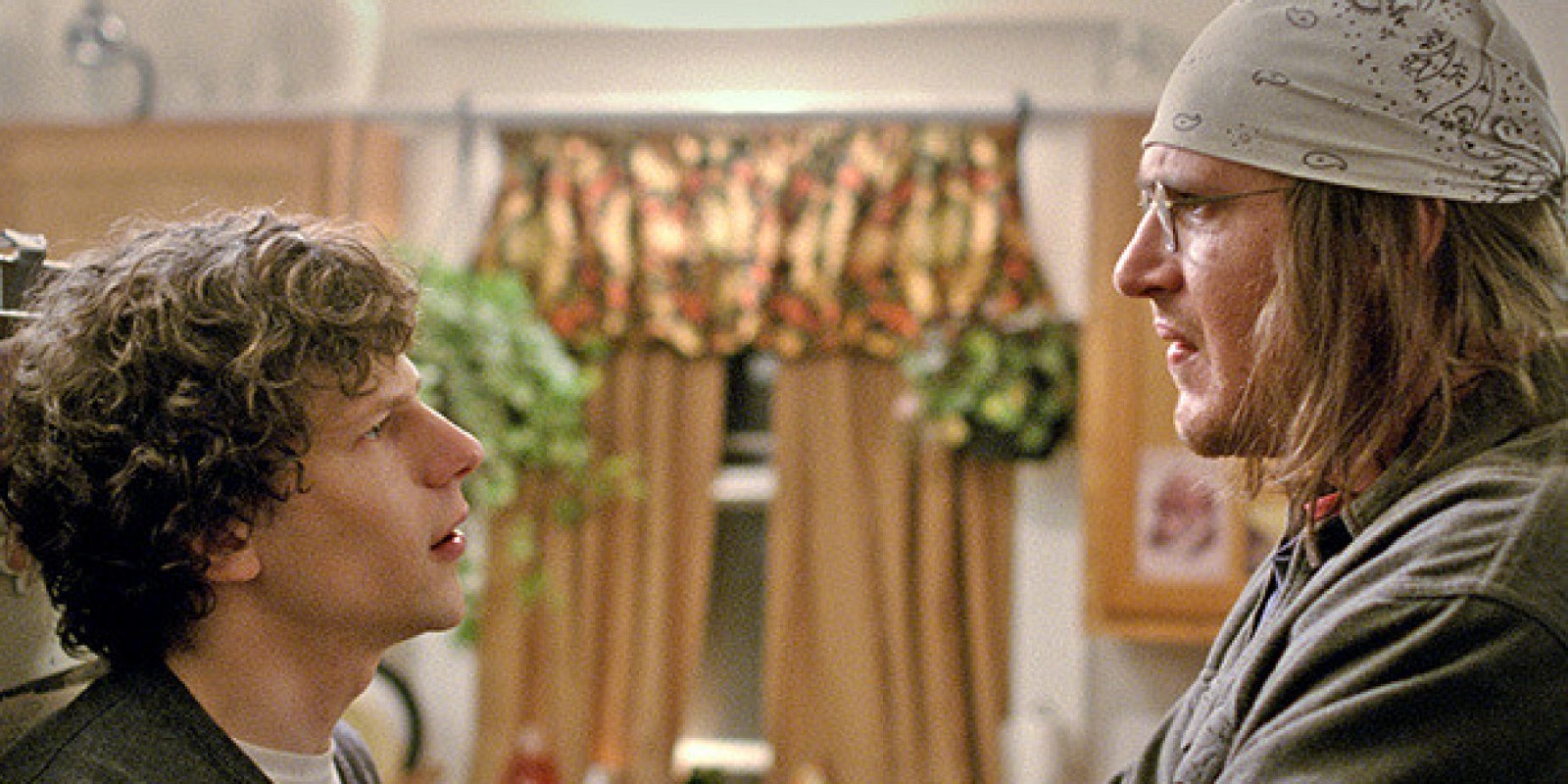The Commuter
FICTION: Hospital Variations by William VanDenBerg

FICTION: Hospital Variations by William VanDenBerg
1
You were planting bulbs in the garden when your arm disappeared. “I can feel it,” you said, “but I can’t see it.” We’d gotten together the previous spring, and this year you wanted flowers. We lived in a house with many others. The disappearance wasn’t, strictly speaking, an emergency, so you decided against an ambulance. I drove us to a nearby hospital. In the waiting room, a man belted out selections from Hello Dolly, Les Mis, and the entirety of Cabaret. His left hand was missing several fingers. Seven mothers gave birth. Nurses called the singing man’s name during a yelping rendition of “Tomorrow.” They yelled, “Trevor!” and he sailed through the swinging formica doors. Even the newborns applauded him through. Through tall windows, we saw daylight run out. They called your name shortly after. Nurses sheeted in translucent plastic led us to your room. We tried to sleep. You in an exam chair, me on a naugahyde bench. When the doctor arrived, he took a long look at your not-arm. “Yeah, you’ve got dirt in your veins,” he said. “Dirt clogs the blood that allows it to be seen. It’s basic optics.” From inside his coat, he pulled out a jar of silver liquid. “Go home and chug this. Garden less, maybe. I don’t know.” When we returned home, you drank the whole jar and your arm came back. The sun threatened to rise and the morning was cold, just above freezing. We climbed into bed and pulled the covers high. We fell asleep just after dawn.
2
A decade passed. We moved to a small town by the sea, rented a rundown bungalow. The town clung to an inlet like food around a child’s mouth. We were swimming in the bay, and you suddenly couldn’t breathe. You flailed out of the water. You doubled over but refused to turn purple — your skin remained a pale blue. An ambulance took us to a regional hospital. Upon arrival, a woman in a formal nurse’s dress took your hand. She wore her red hair up and in curls. There was no wait. On the way to your room, we saw no other patients. The nurse stuck a breathing tube down your throat. When the tube met the water in your lungs, it made a splashing sound, as if off a diving board. You breathed better after. A doctor came in and snapped a polaroid of your chest. She handed me the picture and said, “Be of use and shake this.” A view of your insides developed. Your lungs looked like oval lakes. We saw white peaks on the open water. “You’ve been swimming in the ocean too much. It’s become part of you.” You told her that you didn’t understand. “It doesn’t matter,” she said. “Have you ever known water to stay the hell out?” A surgeon operated the next morning. When they finished, a nurse escorted me to your recovery room. An even row of stitches split your ribcage. You never swam after that — baths were your limit. They gave us a videotape of the surgery. Weeks later, we slid it into our VCR. We saw your open ribcage. Your lungs were twin pools. They drew the water out with cheap neon sponges. The surgeon inserted dry lungs and closed your ribs like a gate. You told me that the hardest part about illness was the lack of agency. Your scars? Anything that says “I’m alive” that loudly is a precious thing. Months later, we abandoned the sea.
3
Another decade passed. Winter deadlocked our northwestern town. Inches of ice enameled the outdoors. One evening, you said that your hearing was out in one ear. I found frost around your earlobe, ice crystals blocking the canal. We tried heating pads and hot water, but the ice wouldn’t melt. I was glad you couldn’t feel it. The cold mercifully numbed half your head. I drove us into the frozen wastes, slid our bald tires across the sheet ice. I watched the frost spread down your neck and drove faster. When we arrived, we shared the waiting room with space heaters. The nurses were duffled in black, puffy coats. They hustled us straight into the operating room. “We’ve dealt with this before,” said a nurse through a camo balaclava. The lightbulbs in the O.R. dribbled yellow light. If it wasn’t Christmas, then it was damn close. The doctor entered and announced a bold plan: “Fuck it, lets make it even colder!” He stuck your head into a red, ice-crammed cooler. Nurses packed more ice in as it melted. Within hours, your neck had turned deep blue, almost navy. “Colder, colder!” he yelled, throwing crumpled fives and tens around the room. You swore into the cooler. Finally the doctor was satisfied. He pulled your head out. Ice bloomed across half your face. When your teeth chattered, the crystals chimed. The doctor summoned a choir of nurses. He produced a small hammer from inside his sleeve. One end of the hammer was flat, the other sharp. The choir cycled through many octaves. When they hit the right frequency, your crystals vibrated, sang back. The room filled with sound. The doctor tapped the center crystal with the sharp end of his hammer. They all shattered off, fell to the ground and melted. The room silenced. We viewed your exposed pink skin. The choir applauded. In the years that followed, I could hold my ear up to any part of you and always hear the hum.
4
Another decade passed. We grew older but not old enough. We were on an “extended vacation,” which meant that we had no stable end date. We stayed in a minor Dutch city that overflowed with churches. In a taxi, your whole self started failing: memory, eyelids, logic, elbows, heart, and so on. You couldn’t speak. You gave me a look as if from a distance. Your pupils shrank to pinpoints then disappeared. The driver rushed us to the nearest hospital. It was a modern building built into a limestone cliff. Catholic mummies, bejeweled throughout the centuries, occupied most of the waiting area. Nurses clogged the hallways. In the O.R., ten of them formed a ring around you. They said in stilted English, “There is a fire. That fire is going out.” One of them left briefly, returned with iron gauntlets and steel pincers. The pincers grasped a burning coal. It exhaled sparks throughout the room. The other nine nurses turned away. The one with the coal wore a welder’s mask. The light seared my vision. I kissed you. I tried to tell you something, but my words seized up and I was unable. That is my chief regret — that I was never able to say anything of substance. Your irises faded out. The nurse placed the coal in your open mouth. I watched the fire inside you. I lost sight of your body in the billowing smoke. Soon it exhausted. The smoke cleared. You were nothing but ash and bone. Thick soot covered the operating room. A nurse said something that I don’t remember, but I think its aim was comfort. I stood there until they wheeled your remains away. I did not ask for them. I was not capable of asking for them. I walked an uncertain mileage back to our hotel and sleep didn’t come for weeks and weeks. When I returned to our home in America, a package was waiting for me. A cardboard box wrapped in butcher paper. The bone inside? I think it was your femur, thickly gilded and set with precious stones. A card informed me that I could view the embellished remains at a museum in The Hague. All vacations thereafter became pilgrimages.
5
Decades passed. I fell ill, so I boarded a regional train. I took it to its last stop, a hospital surrounded by golden wheat and nothing else. My car had been empty for stops and stops. The hospital? Brand new and relentlessly bright. “Or there’s something wrong with my eyes,” I said before collapsing in the lobby. They put me in a bed and kept me for days, maybe weeks. I never saw a doctor or a nurse. The hospital remained bright, so I kept my eyes shut. Finally I heard a voice in the hallway. I unplugged my cables and left the room. The hallway stretched before me. I opened my eyes, lifted my gaze from the floor. I was on the top level. I know this because it had no roof. A clear sky stretched above me. I looked into it. I heard the voice again. A clear sky stretched below me. The voice pushed against the other side of the sheltering blue. I could feel it like a pulse. I closed my eyes, went forward and met it there.








